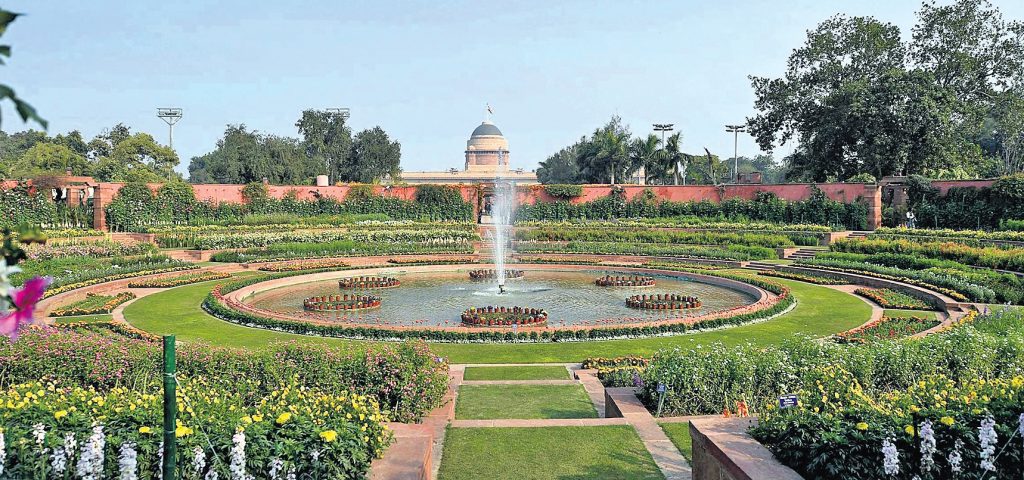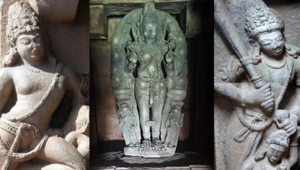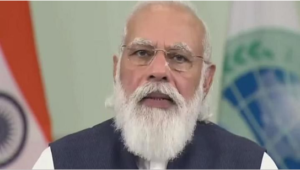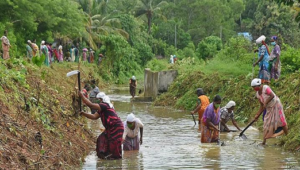
Interstate Council and Zonal Councils
Interstate Council
According to Article 263 the President can establish an interstate council if it is required in public interest. Interstate council is a non-permanent constitutional body, appointed by the President through Presidential order under the condition in the public interest.
The Interstate Council performs the following functions:
- To enquire in to disputes among the states and advise upon to resolve such dispute.
- To investigate and discuss subject on which some or all the states or the union and one or more states have a common interest.
- To make recommendations on any such subjects in particular recommendations for better coordination of policy and action with respect to that subject.
The first inter-state council was established in 1990 on the recommendations of the first centre-state commission Sarkaria Commission.
The Council is headed by the Prime Minister, Chief Ministers of all states and administrators of Union Territories and six Union ministers of cabinet rank are members of the council.
The council when constituted meets thrice a year
Zonal Councils
These are statutory bodies established under the State’s Reorganization Act 1956. five zonal councils were initially established with a view of discussing and advising upon on matters of common interest to the states in the zone. In August 1972 the sixth zonal council – the northeastern council was constituted. The country is now divided into the following 6 zonal councils.
- Central Zone – Uttar Pradesh and Madhya Pradesh
- Western Zone – Maharashtra, Gujarat Goa, Dadra & Nagar Haveli, Daman and Diu.
- Eastern Zone – Bihar, West Bengal, Orissa, Chhattisgarh, Jharkhand, Sikkim, Andaman & Nicobar.
- Southern Zone – Andhra Pradesh, Telangana, Karnataka, Tamil Nadu, Kerala & Pondicherry.
- Northern Zone – Haryana, Himachal Pradesh, Uttarakhand, Punjab, Rajasthan, Jammu and Kashmir, National Capital territory of Delhi and Chandigarh.
- Northern eastern States – Arunachal Pradesh, Assam, Nagaland, Tripura, Meghalaya, Mizoram, Manipur.
Each zonal council is headed by the Union Home Minister; Chief Ministers of member states, two other state ministers nominated by the governor of that state and administrators of Union Territories are members of the zonal councils
North Eastern Council is a statutory, advisory body established in 1972 through the North Eastern Council Act, 1971 for three key objectives viz. balanced development of the North Eastern Region; effecting better inter-state coordination; and maintaining security and public order in the region. In 2002, the North East Council Act, 1971 was amended to make the North East Council as By virtue of the 2002 Amendment, the Council has been made the Regional Planning Body for the north eastern region. The Council operates under the administrative control of the Union Ministry of Development of the North Eastern Region (DONER).












